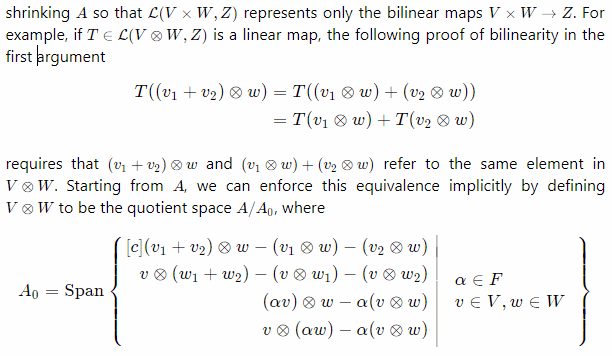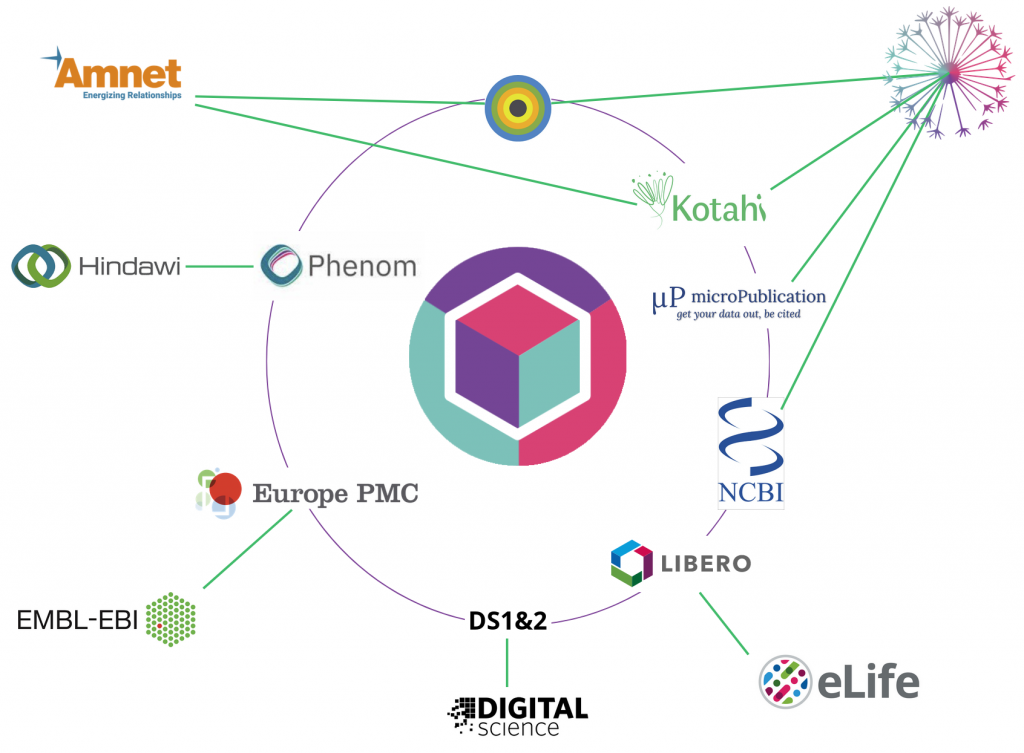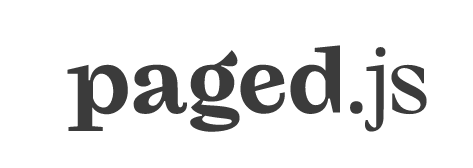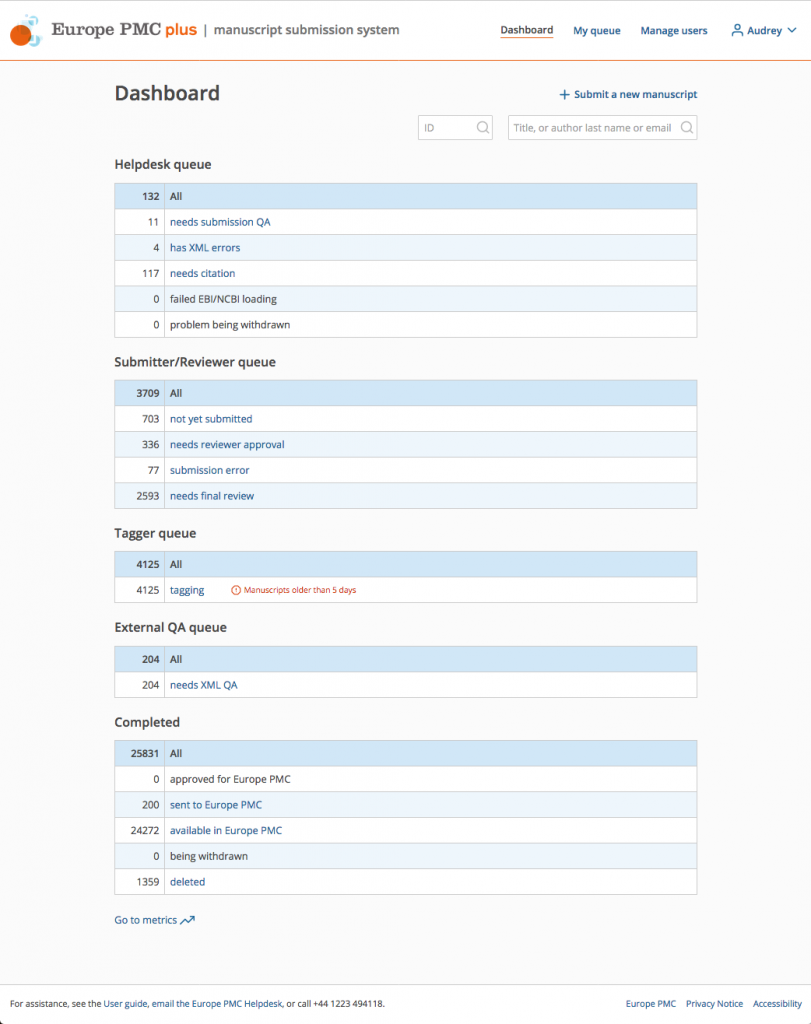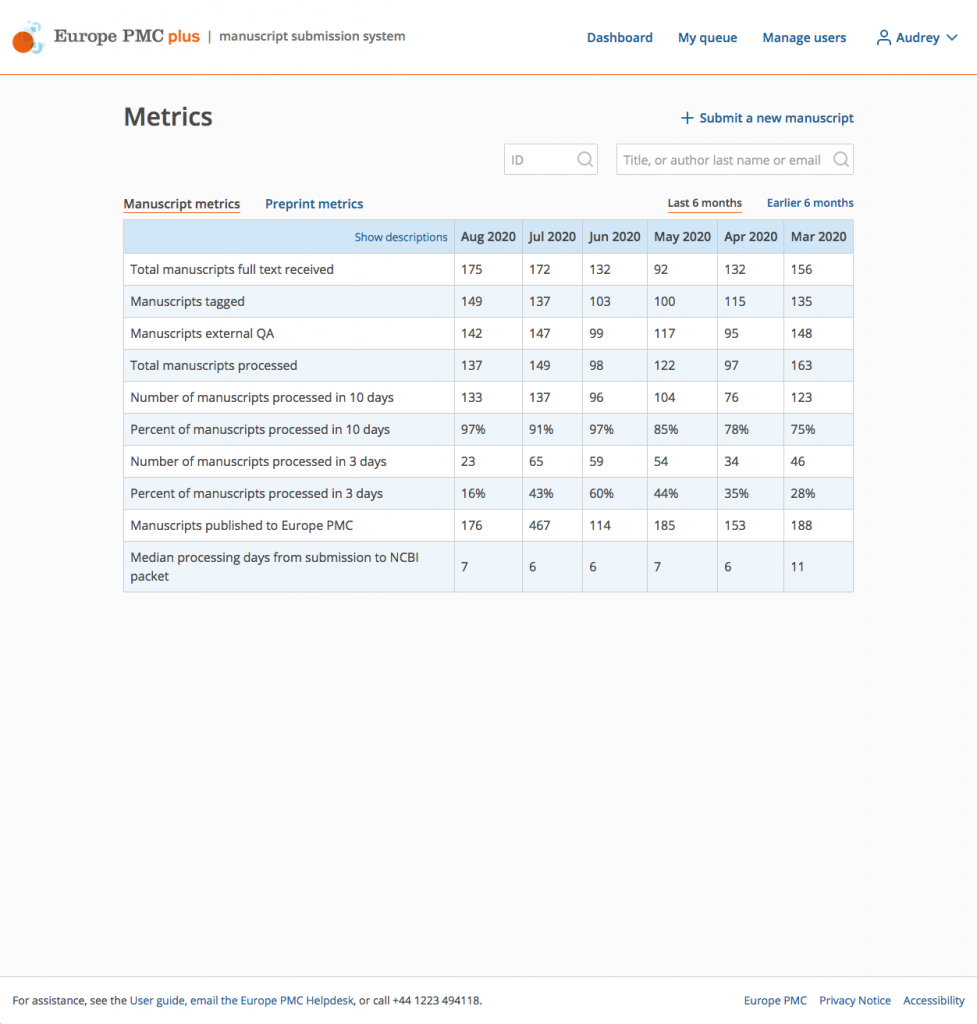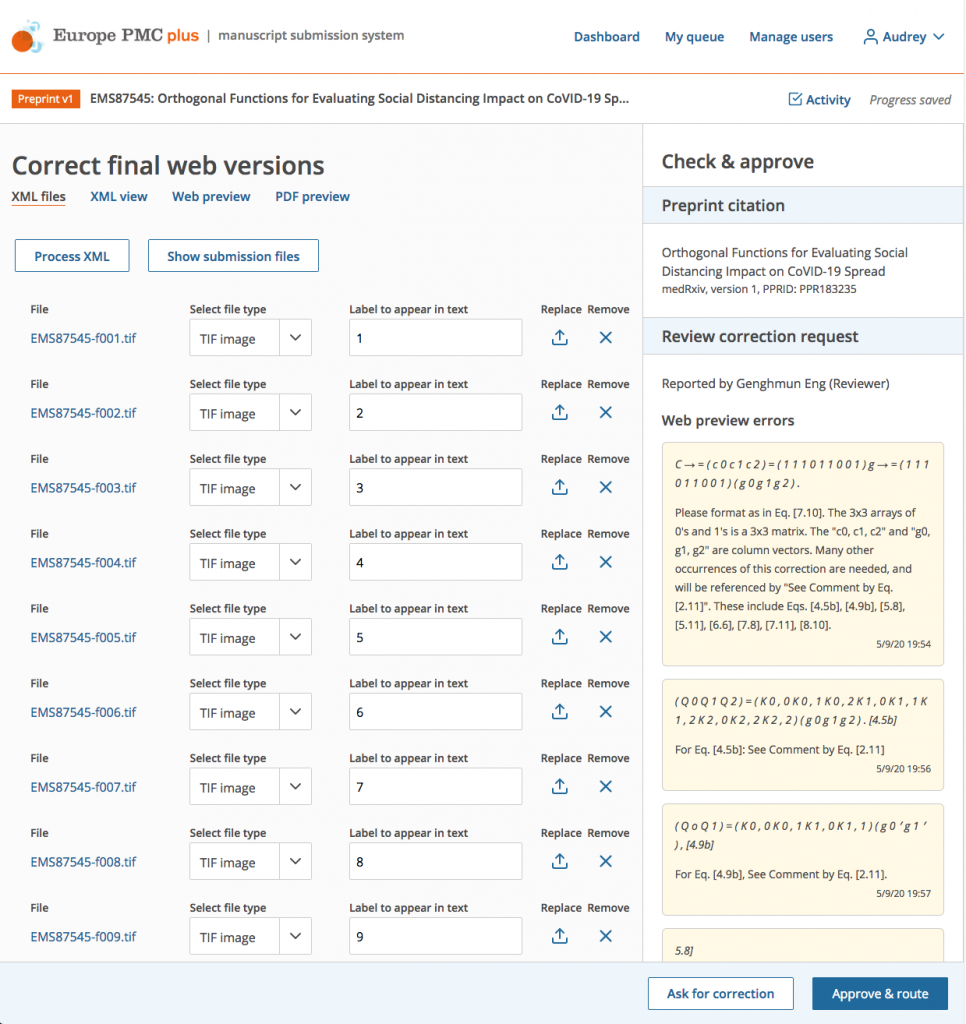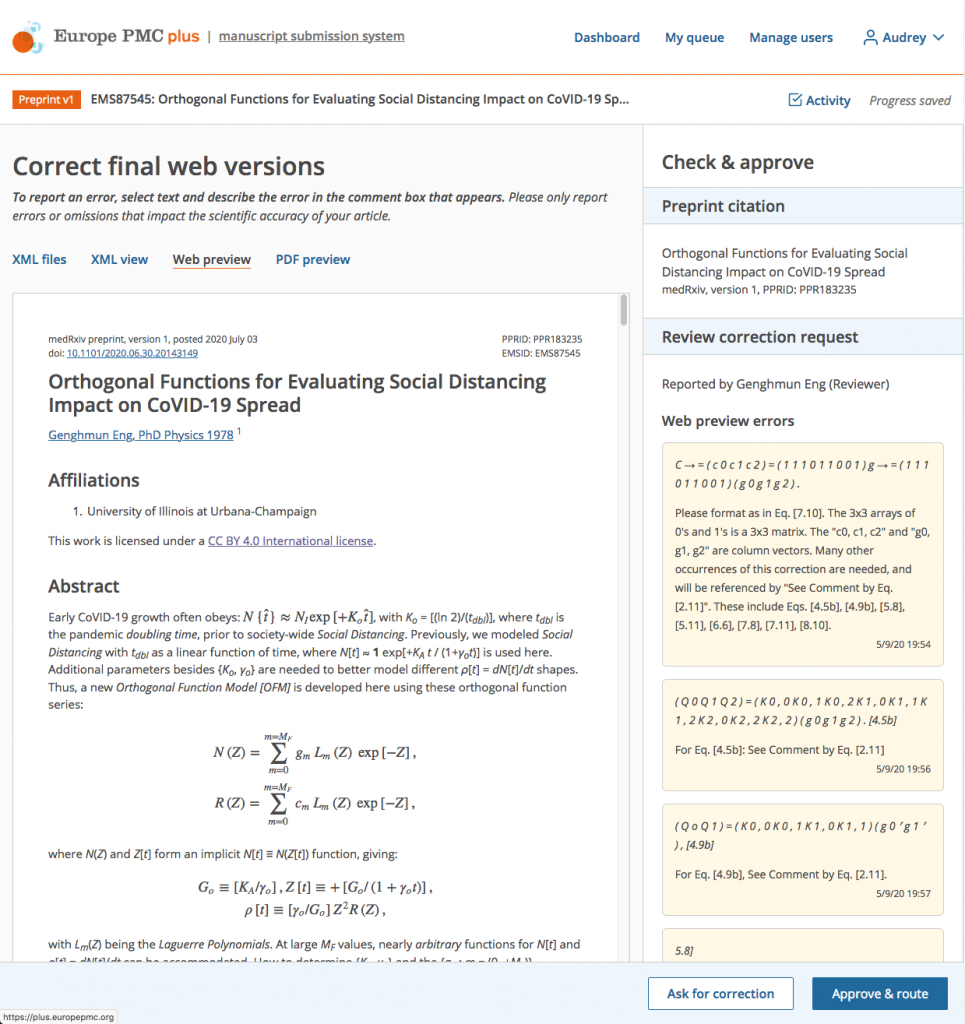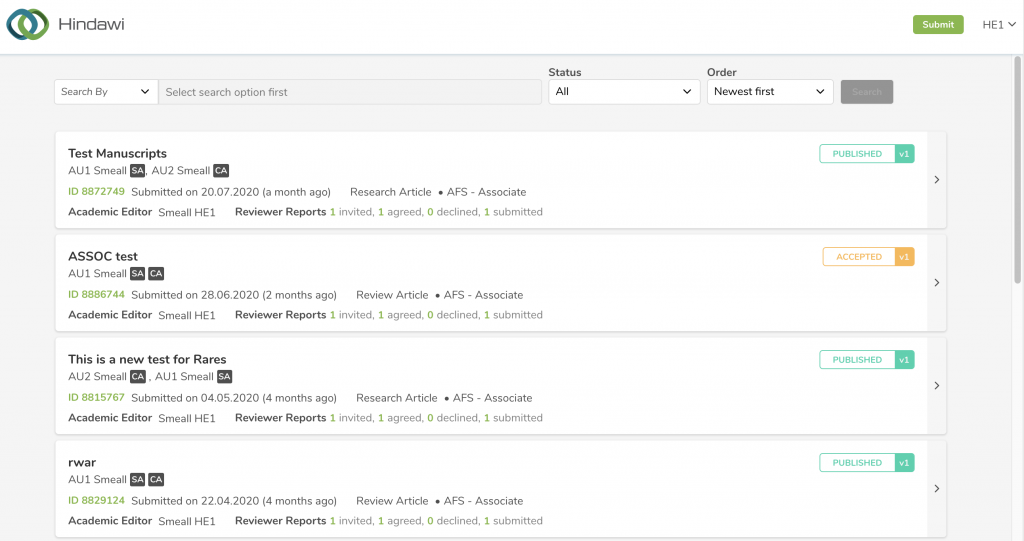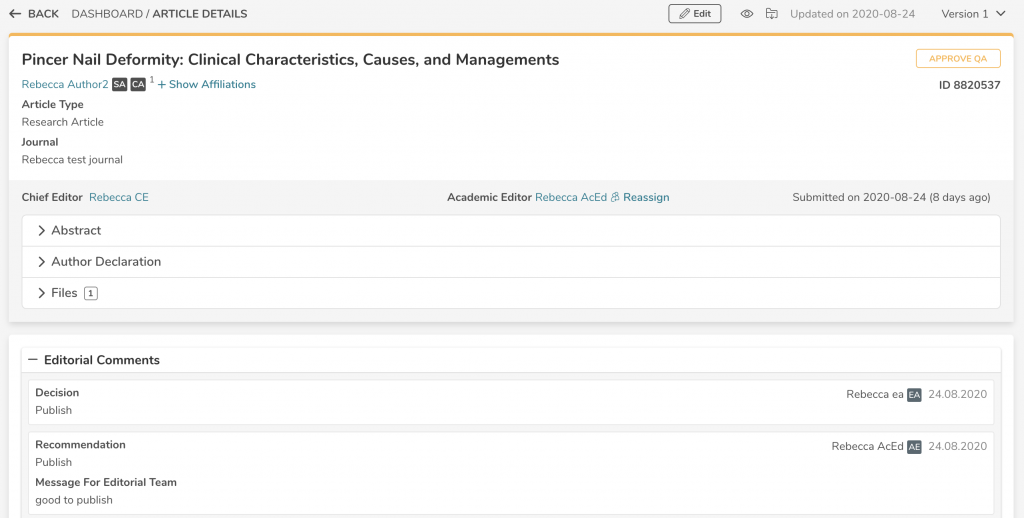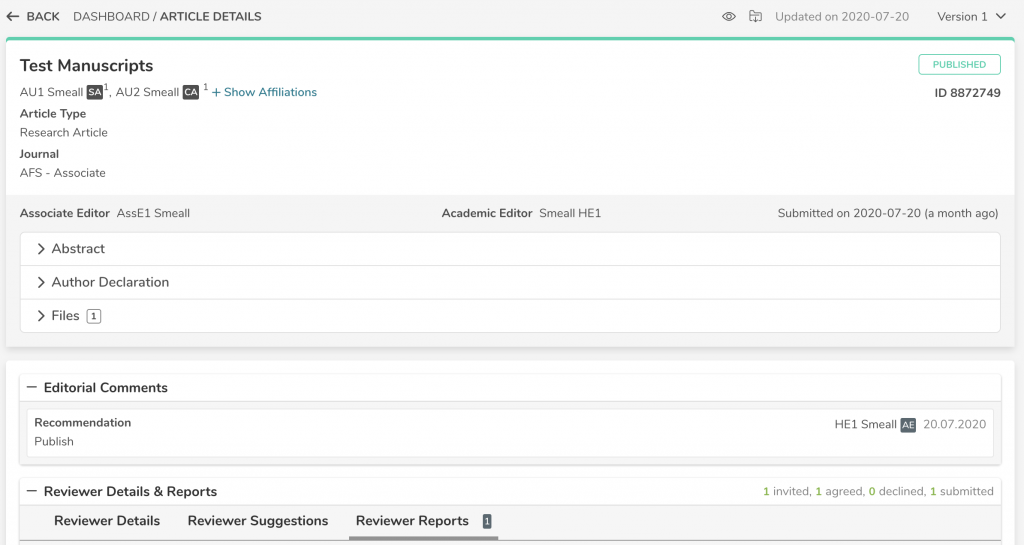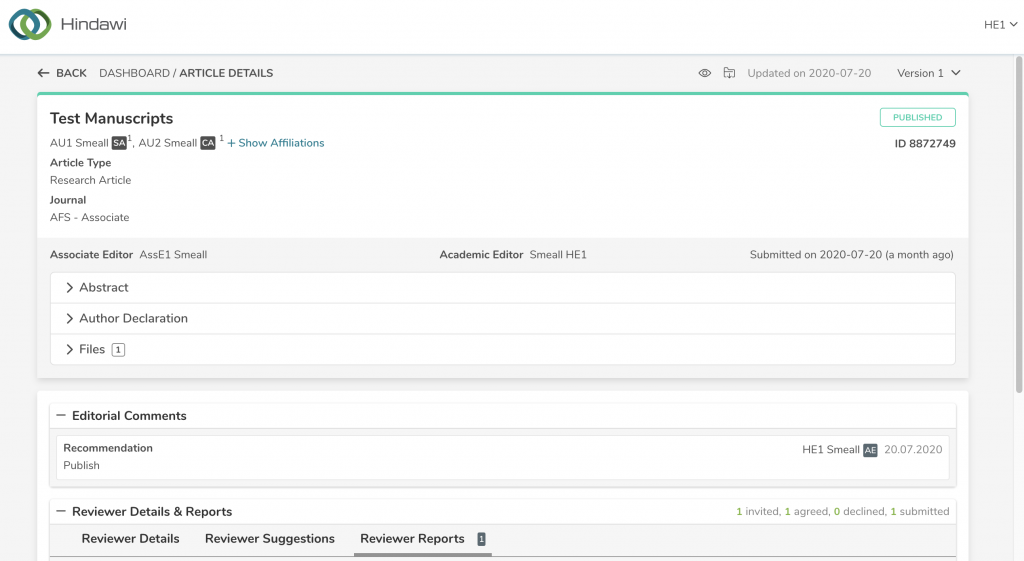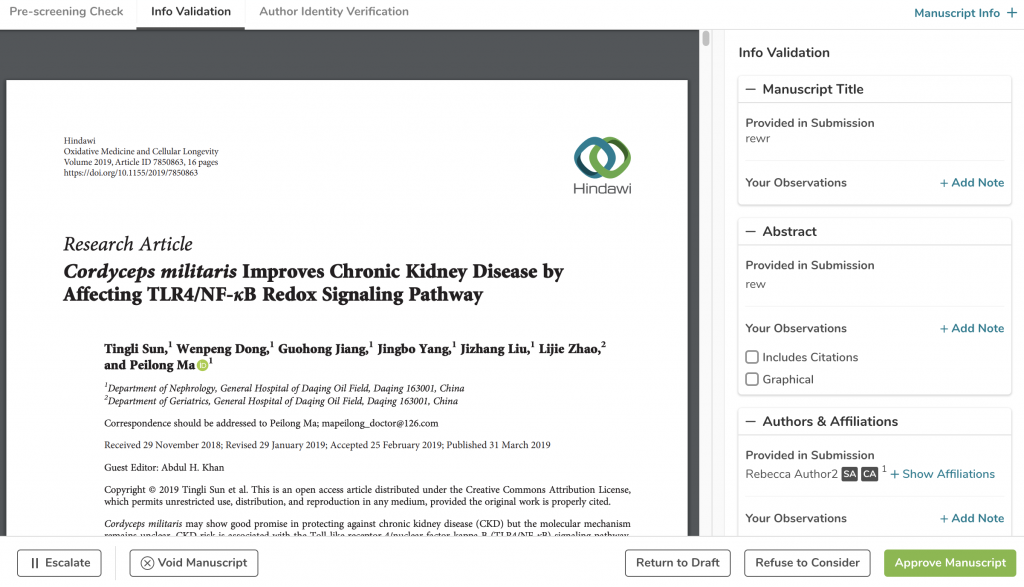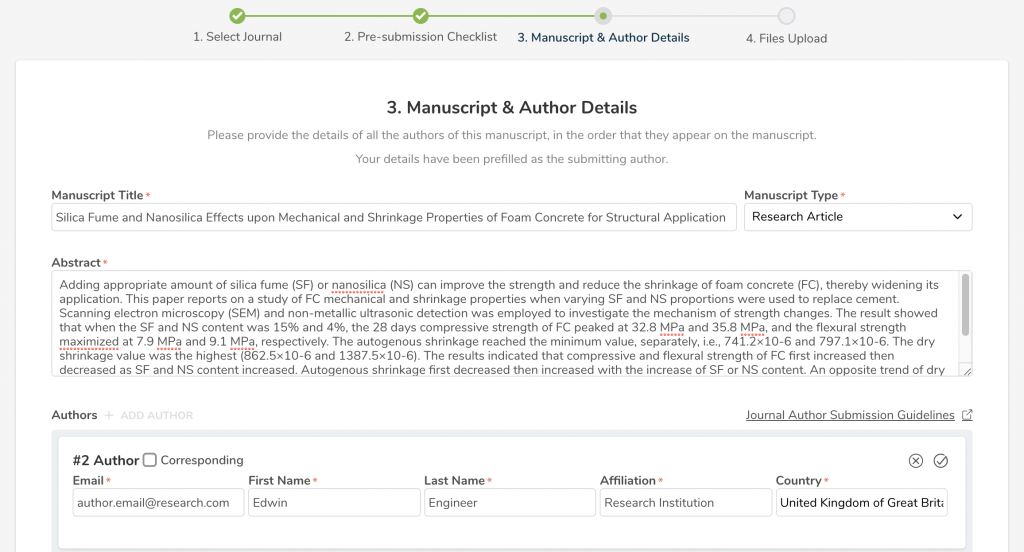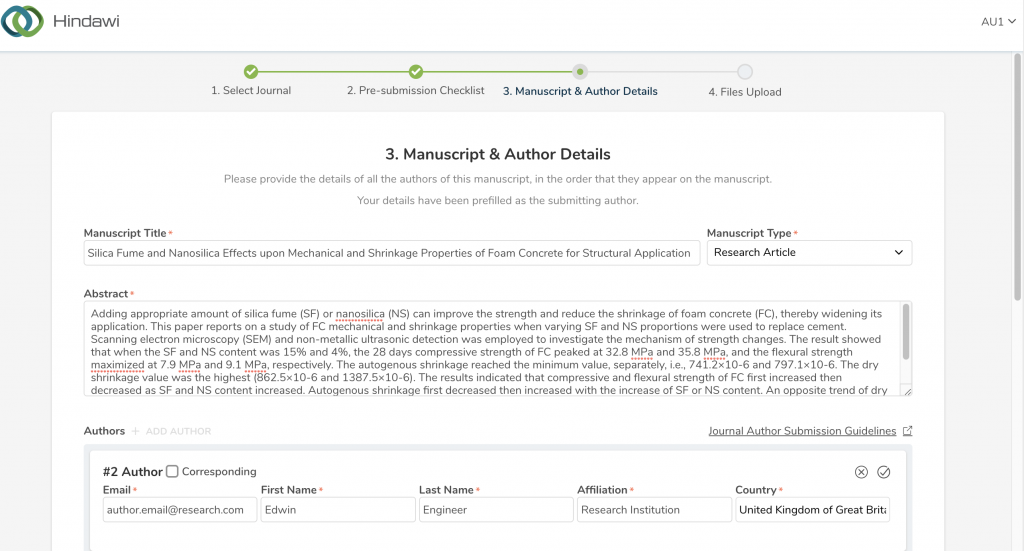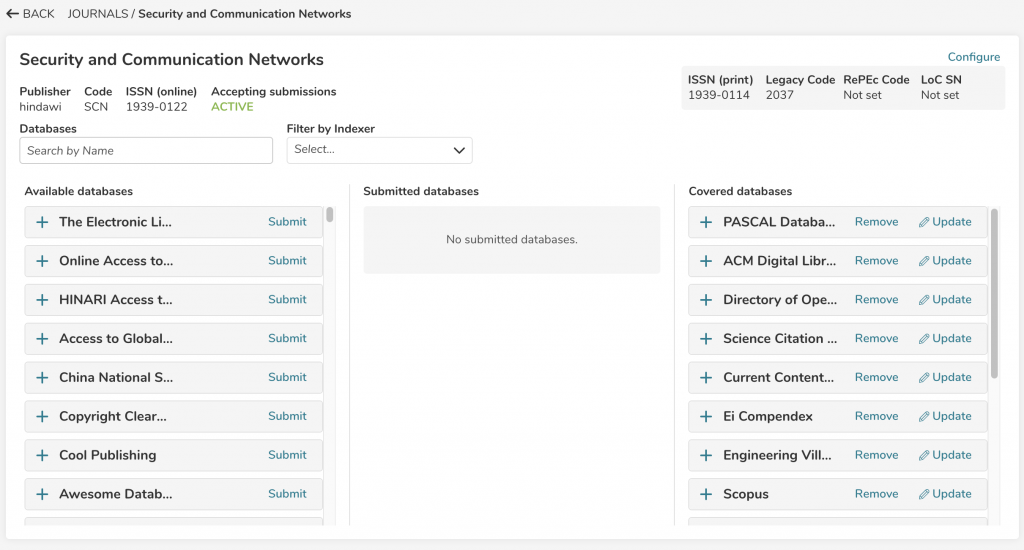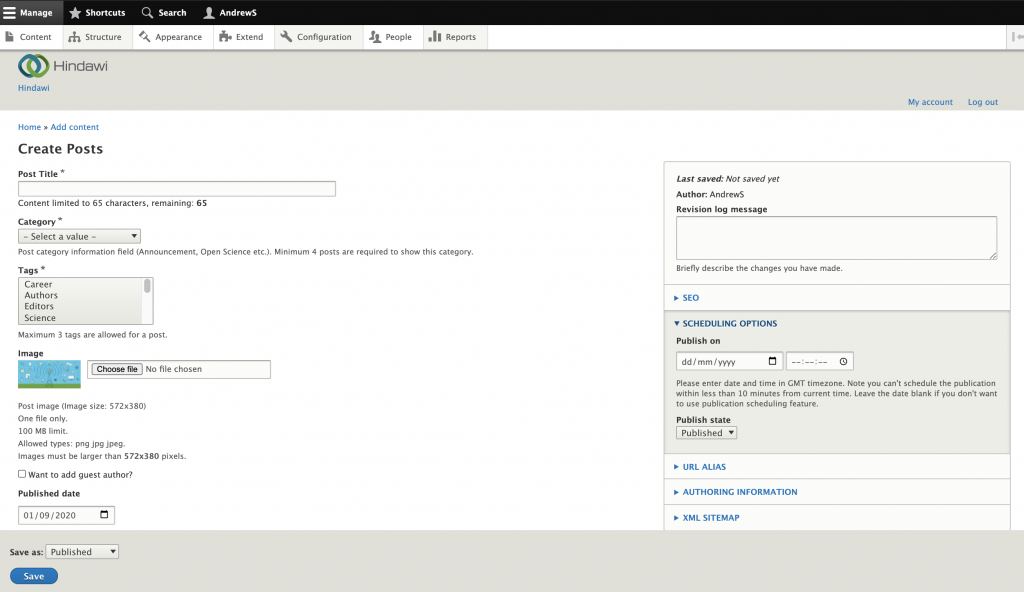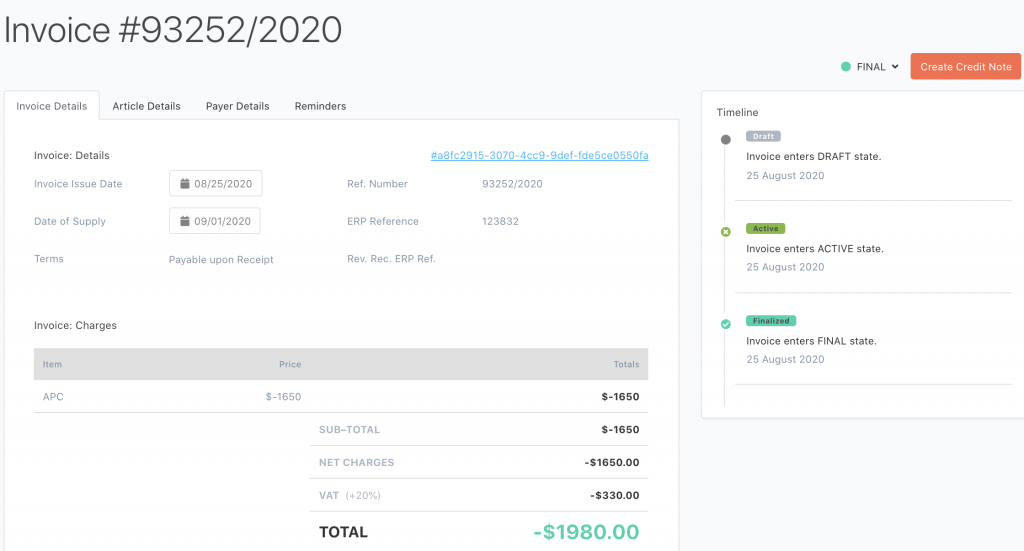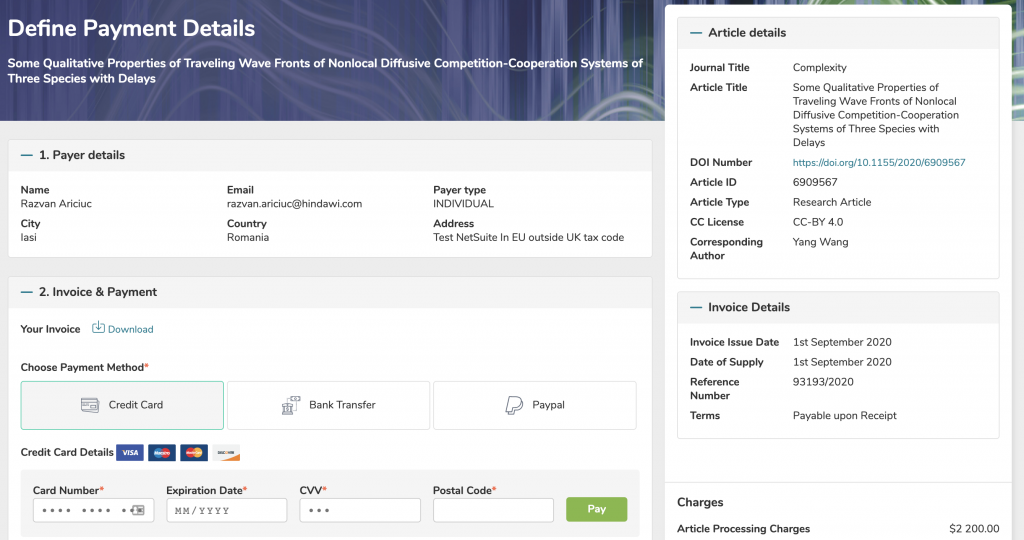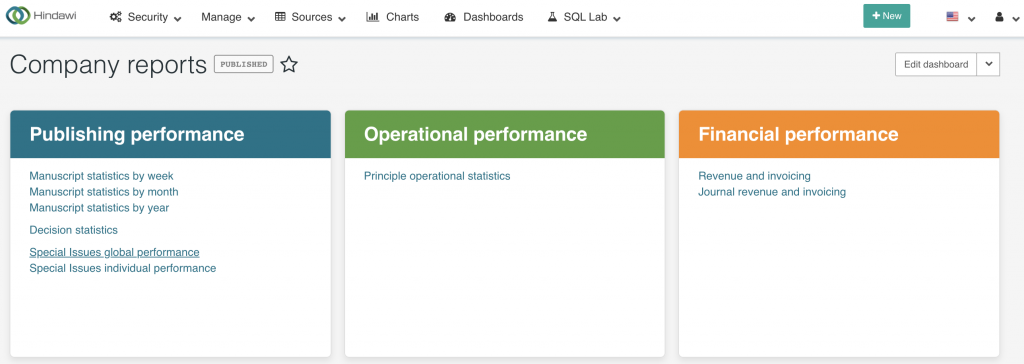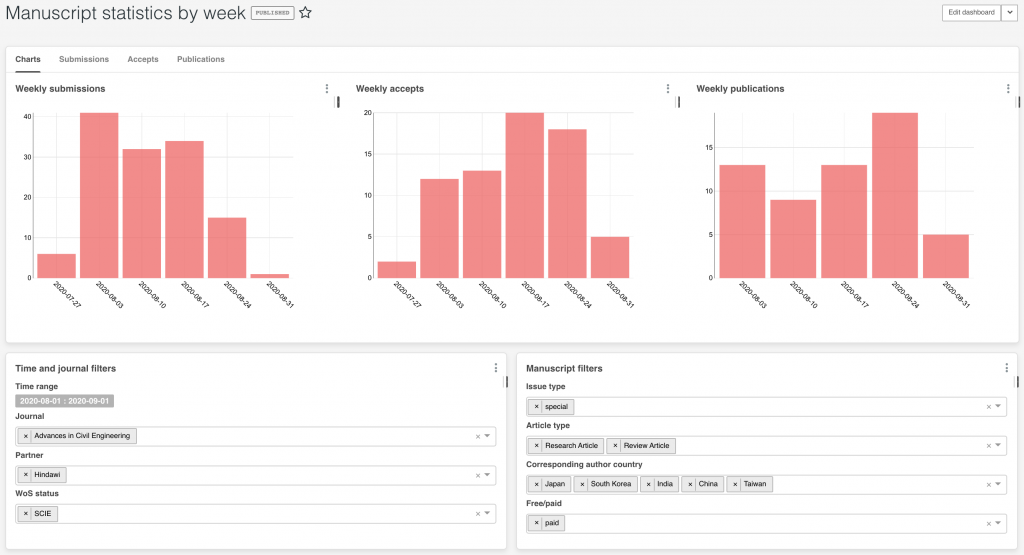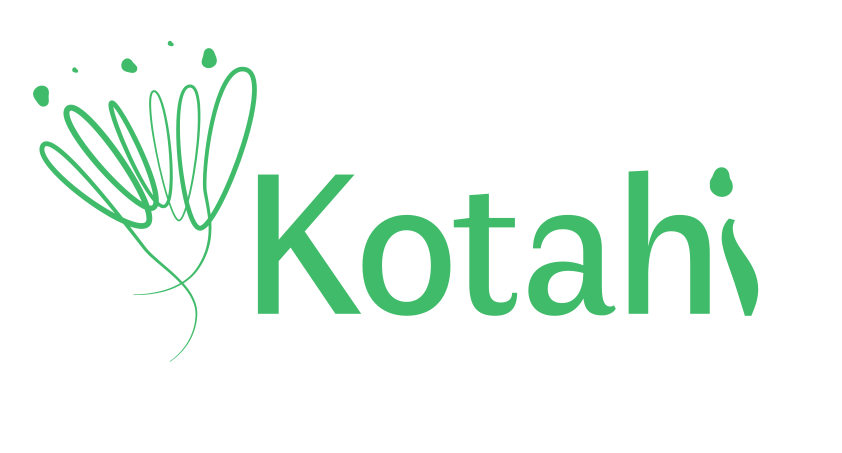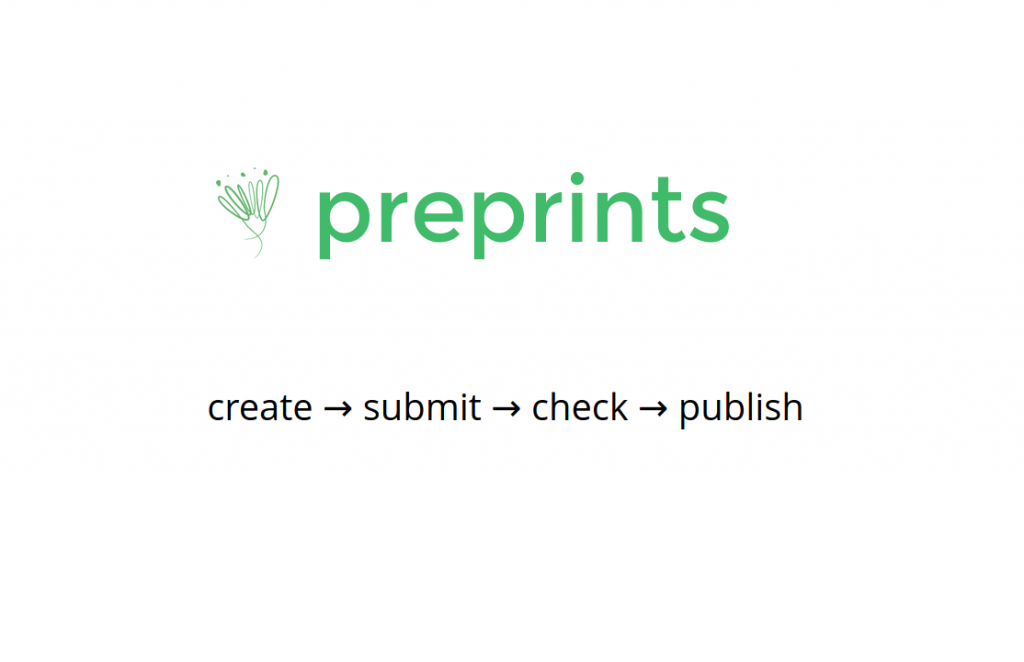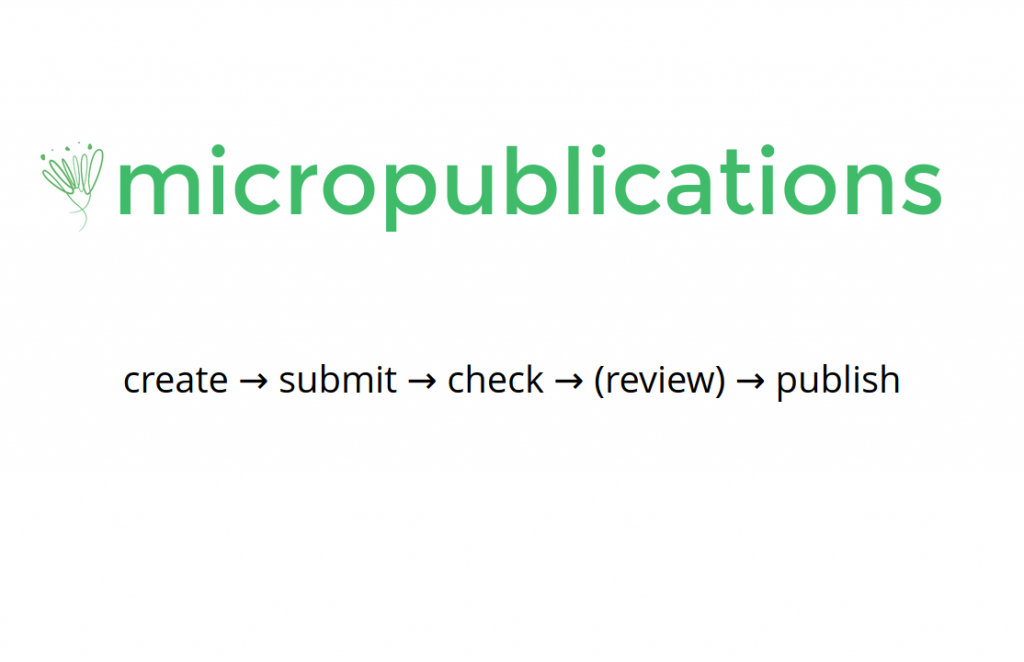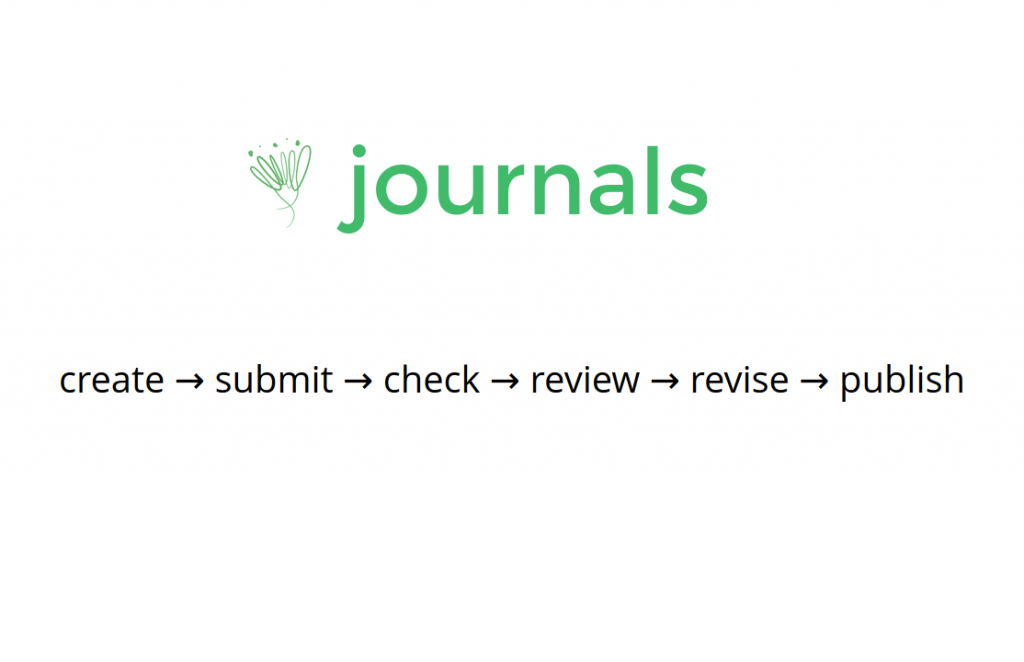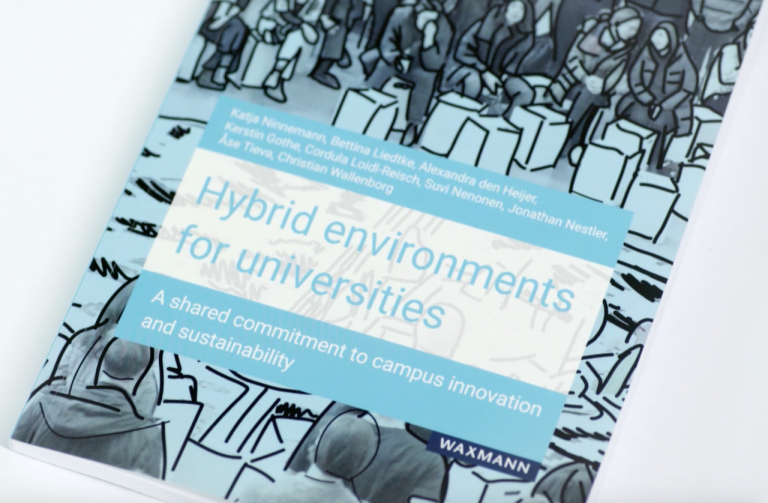This morning I got up at 4am to prepare for my second ever remote Workflow Sprint. This time I was facilitating 15 super people, mostly academics, who are part of the Open Education Network (formerly the Open Textbook Network).
We are working on a project to design workflows and software to assist faculty to write structured textbooks. The main problem is that many open textbooks written by faculty have been done ‘in the wild’. Consequently there might be a lot of good content but it is poorly structured, and one things that good textbooks should be is well structured.
Today we had the second of two remote events working together to define a workflow, and then design software to support this new workflow.
A Workflow Sprint is a process I designed many years ago to help organisations/groups understand and optimise their workflow. I have used it mainly with publishers but it is generally applicable. Sometimes the Workflow Sprint includes the design of a high level architecture of a platform to support the optimised workflow.
I designed this process to work in realspace and it has only recently that I have reformulated the method for remote environments..

First, perhaps it is good to define workflow. Often workflow is defined by technical folks as technical process that can be run many times in an automated fashion to perform specific tasks. However, this is not what I mean by the term. Workflow for me is what people do to achieve a task together. It is the pathways that people make when working together to achieve a (repeatable) outcome.
If we focus on what people do when defining workflow we can understand and notate processes in a number of steps.
A Workflow Sprint facilitates an organisation to understand their current workflow in these terms, and co-design a more efficient, optimised workflow. Sometimes, as mentioned above, the Workflow Sprint also means designing a technical system (at a very high level) to support the workflow.

All this in one day! This process is in itself highly optimised and it can save organizations many many months of expensive work.
I have worked with many publishers around the world with this process and it has been fascinating to see inside so many publishing workflows and orgs. It has also been very satisfying to see the results.
These events have been conducted in realspace in the past over a one day period. However with the pandemic realspace isn’t so possible.
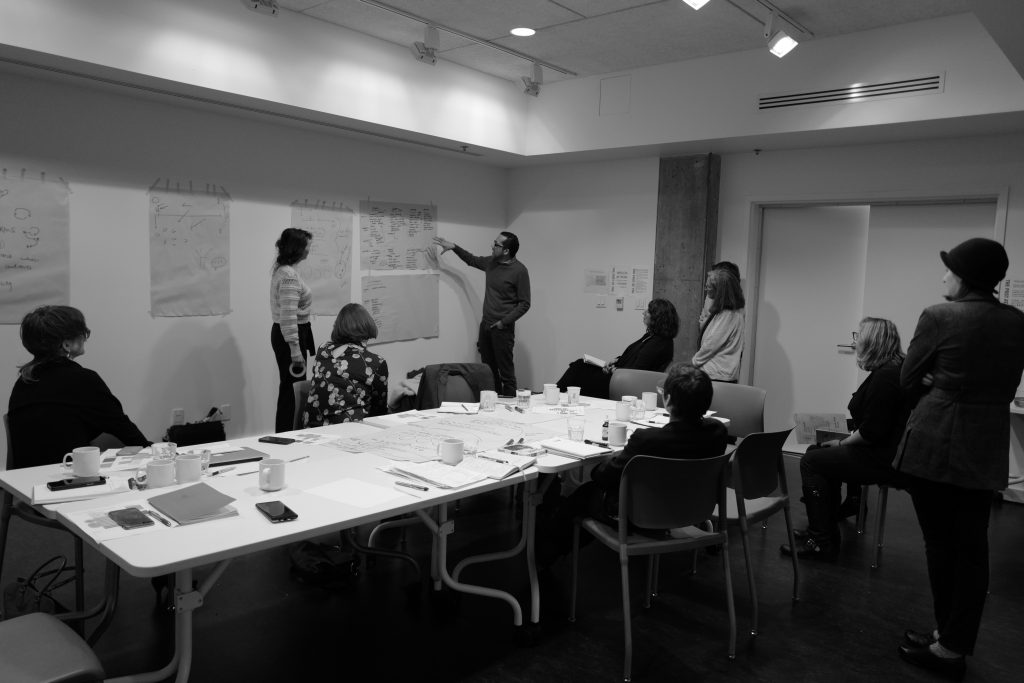
I have been watching the progress of Book Sprints and their new Virtual Book Sprints. Book Sprints is a company I started that facilitates organisations or groups to collaboratively write a book in 5 days or less (‘from zero to book in 5 days’). Book Sprints also, until the pandemic, were all conducted in realspace.
The Book Sprints team started experimenting with remote facilitation out of necessity. They had a few clients already signed up for Book Sprints and rather than cancel, the organisations decided to go ahead with a remote process. The brave and talented Book Sprints team then effectively designed a new product – Virtual Book Sprints.
I was very encouraged to see this as I have always been skeptical of the effectiveness of remote facilitation. Facilitation in realspace is an art I know, remote facilitation is something else entirely. However while I had thought Book Sprints facilitation could not work when transferred to a remote environment, the Book Sprints team proved me wrong. My mistake is that I thought that remoteness made facilitation impossible. However effective facilitation is possible, but virtual events require a different shape to the event, and quite different techniques and tools.
After following the work of the Book Sprints team and learning form them I applied some of what I learned to remote Workflow Sprints. To my joy it is working quite effectively.
There is much that could be said about the difference between facilitating remote events and realspace events, but I’ll just quickly highlight a couple:
- Fatigue
Folks get exhausted quicker in remote events – consequently the event has to be broken up into smaller chunks
- Text becomes more important
Text and post it notes can work, drawing things doesn’t work – there are good softwares for collaborative online whiteboards, post its etc. If documenting things in text these work well. However in realspace people can draw eg interfaces very easily. This is not so easy with digital tools, so text needs to play a more central role.
- Remote is more intentional
Everything is more intentional and direct in remote events. Realspace events can be more ‘loose’ (at least in the eyes of the participants). This produces a certain false sense of freedom which is very productive. Looseness in remote events doesn’t work. The events need to be more tightly scheduled and pay closer attention to keeping people engaged.
- Break outs means more facilitators
It is easy in realspace to facilitate many many group breakouts at once. However, in virtual events the groups need close supervision as you can’t ‘glance across the room’ to spot a problem. My recommendation is to have one facilitator per group if you can. Otherwise there are some conf tools that support ‘popping in and out’ of group calls. This can also be effective I’ve heard although I haven’t tried it yet.
As a coda, I highly recommend Big Blue Button – the open source conferencing tool. It works extremely well for many participants and has a good feature for break out rooms.
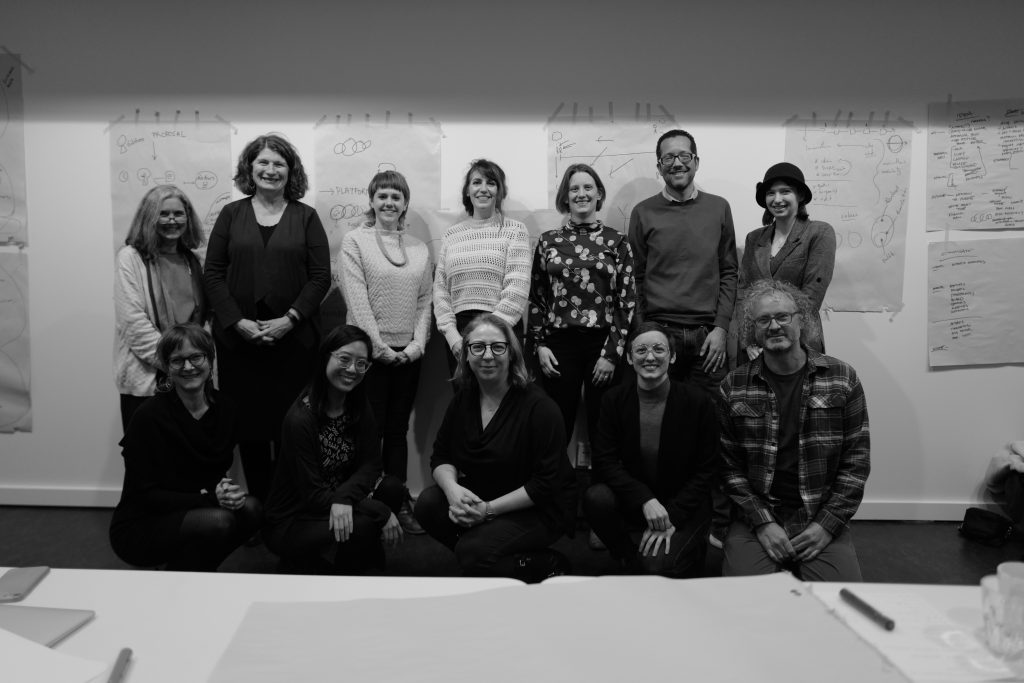
Photos taken by me are of a Ravenspace Publishing Workflow Sprint held in Vancover 2019.
